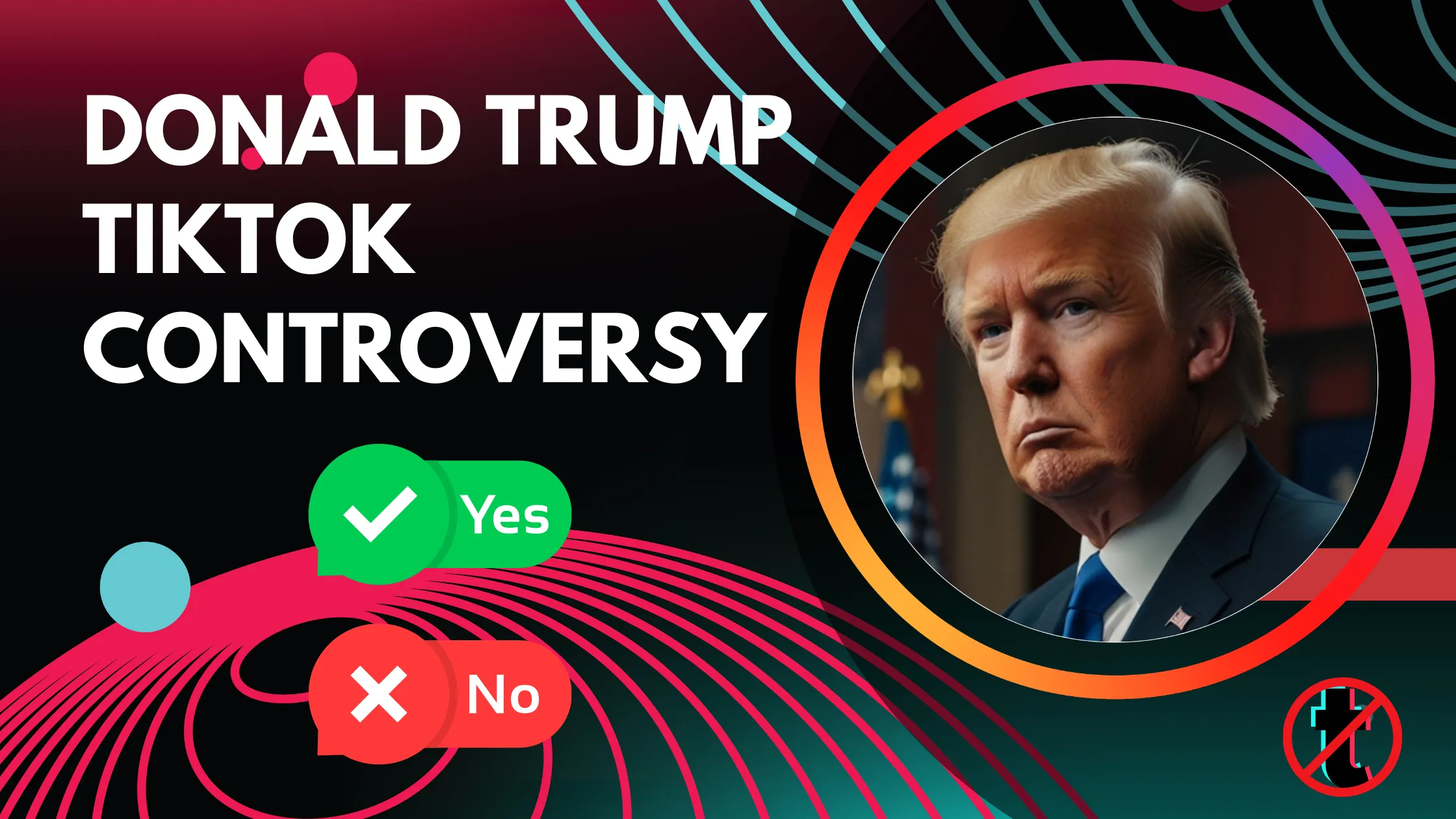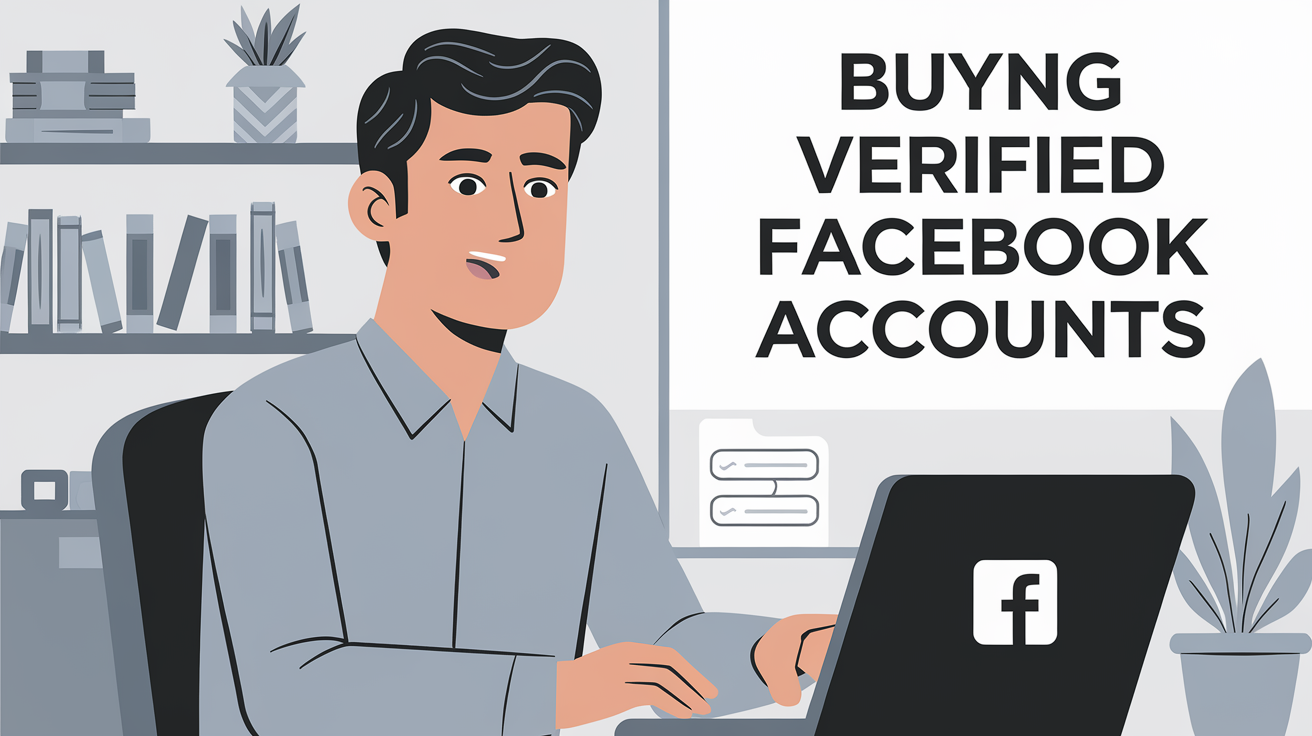Introduction
Donald Trump TikTok Controversy created ripples in both the tech and political worlds. The former U.S. president raised serious concerns about the app’s alleged ties to China, citing potential threats to national security. This high-stakes controversy sparked debates about data privacy, tech sovereignty, and the power of social media in the modern world. Let’s dive into the details and unravel the key events that defined this headline-grabbing issue.
Background of TikTok
What is TikTok?
TikTok, launched by the Chinese tech giant ByteDance, is a short-video platform that quickly became a global sensation. Known for its engaging content, it allows users to share videos ranging from dance challenges to educational snippets.
TikTok’s Popularity in the United States
In the U.S., TikTok boasts millions of users, primarily among Gen Z. By 2020, it had become a staple of digital culture, influencing trends and fostering viral movements. However, its meteoric rise also attracted scrutiny.
The Beginnings of the Controversy
TikTok’s Parent Company: ByteDance
ByteDance’s ownership of TikTok raised eyebrows in Washington, D.C., given its base in China. Critics feared the company could be compelled to share user data with the Chinese government, a claim ByteDance vehemently denied.
Data Privacy Issues
At the heart of the controversy were allegations that TikTok could compromise the privacy of American users. The Trump administration flagged this as a national security risk, leading to mounting pressure on the platform.
Trump’s Involvement
Initial Concerns Raised by the Trump Administration
Donald Trump and his administration argued that TikTok’s data collection practices were a direct threat to the U.S. They accused the app of spying and undermining American interests.
Executive Orders and Proposed Bans
In 2020, Trump issued executive orders aiming to ban TikTok unless its U.S. operations were sold to an American company. This move marked the beginning of a tense showdown between the administration and the platform.
The Deadline Drama
The administration set strict deadlines for TikTok to finalize a deal with U.S.-based companies. These deadlines created significant uncertainty for users and employees alike.
National Security Concerns
Allegations of Data Sharing with China
The administration claimed TikTok shared data with Beijing, putting millions of Americans’ information at risk. However, no concrete evidence was publicly disclosed.
TikTok’s Defense
ByteDance denied the allegations, emphasizing its efforts to store American user data in the U.S. and operate independently of the Chinese government.
The Global Perspective
Other Countries’ Concerns
The U.S. wasn’t alone in its skepticism. India had already banned TikTok, citing national security concerns, while other nations explored similar actions.
Impact on TikTok’s Global Strategy
TikTok adapted by emphasizing transparency and compliance. It sought to address concerns proactively while maintaining its global presence.
Legal Challenges
Lawsuits Against the Ban
TikTok filed lawsuits to block the ban, arguing that the administration’s actions lacked evidence and violated due process.
Court Rulings
Federal courts temporarily halted Trump’s orders, questioning their legal foundation and granting TikTok a lifeline.
The Public’s Reaction
Support for Trump’s Actions
Supporters praised Trump’s tough stance on China, seeing the TikTok controversy as a necessary step to protect national interests.
Opposition and Criticism
Opponents argued the ban was politically motivated and an overreach, potentially harming free expression and innovation.
The Role of Oracle and Walmart
Proposed Partnership
Oracle and Walmart emerged as potential partners to acquire TikTok’s U.S. operations, offering a solution to the impasse.
Why It Fell Through
The deal faced regulatory hurdles and disagreements, leaving TikTok to continue operating independently.
Aftermath of the Controversy
TikTok’s Continued Operations
Despite the drama, TikTok remains active in the U.S., with ongoing discussions about data security.
Broader Implications
The controversy highlighted the complexities of global tech governance and the challenges of balancing innovation with security.
Conclusion
The Donald Trump-TikTok controversy underscored the growing intersection of technology and politics. While the app survived the storm, the episode raised important questions about data privacy, international relations, and the future of social media. As the digital landscape evolves, the lessons from this saga will undoubtedly shape future policies.
Read Update About Donald Trump Tiktok Ban
Read Also 5 Tips to optimize your Tiktok Stream Desktop Guide
FAQs
- Why did Donald Trump target TikTok?
Trump believed TikTok posed a national security threat due to its Chinese ownership and alleged data-sharing practices. - Did TikTok get banned in the United States?
No, TikTok was not banned, though it faced significant legal and political challenges. - What role did Oracle and Walmart play in the TikTok controversy?
They proposed a partnership to manage TikTok’s U.S. operations, but the deal didn’t materialize. - How did TikTok respond to the allegations?
TikTok denied the claims and implemented measures to address security concerns. - What is the current status of TikTok in the U.S.?
TikTok continues to operate, though scrutiny over its data practices persists.







